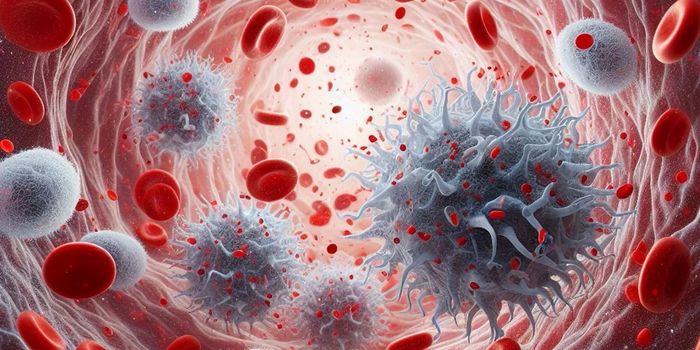Cannabis-Related Disorder Increases Risk of Head and Neck Cancer
Cannabis (marijuana) contains active chemicals called cannabinoids that can have mind-altering effects. The 2021 National Survey on Drug Use and Health reported cannabis as one of the most commonly used drugs in the United States. The survey notes explicitly high use among young people, indicating that over 35% of those aged 18 to 25 use cannabis. Expanded legalization of recreational cannabis throughout much of the United States prompts the likelihood that cannabis usage rates will continue to rise.
With the anticipated surge in cannabis use, oncologists are increasingly concerned about its potential impact on cancer risk. A team of researchers from the University of Southern California has taken a proactive step by investigating the association between cannabis and head and neck cancer (HNC), a group of malignancies that affect the nasal cavity, sinuses, lips, mouth, salivary glands, throat, and voice box. Their study, recently published in JAMA Otolaryngology- Head Neck Surgery, underscores the urgent need to understand this potential health risk.
The study, which spanned over 20 years, was a retrospective analysis of medical records from 64 different health care organizations. The researchers meticulously identified patients with cannabis-related disorder, defined as “excessive use of cannabis with associated psychosocial symptoms, such as impaired social and/or occupational functioning.” This thorough approach ensured the reliability of the study's findings.
The study included data from over four million patients. The researchers compared NHC incidence between two cohorts: cannabis-related disorder group (N=116,076) and no cannabis-related disorder group (N=3.985,286). Patients in the cannabis-related disorder had an average age of 46.4 years, while those in the no cannabis-related disorder group averaged 60.8 years. The cannabis-related disorder group skewed towards men (52.9%), and the no cannabis-related disorder group included primarily women (54.5%). The researchers matched participants from this pool based on demographic characteristics, alcohol-related disorders, and tobacco use, resulting in 115,865 individuals per group.
The analysis revealed that patients with cannabis-related disorder had a significantly higher risk of developing HNC. Specific sites of NHC that had a higher risk among those with cannabis-related disorder included oral, oropharyngeal, and laryngeal cancers. The researchers also compared the risk of HNC after age stratification, finding the trends remained the same in those under 60 years and those 60 and older.
The study's findings demonstrate an association between cannabis-related disorder and the development of HNC. The authors underscore the importance of shaping future research to understand the mechanism underlying this association, a task that cannot be underestimated given the potential public health implications.
Sources: JAMA Otolaryngol Head Neck Surg, NEJM









